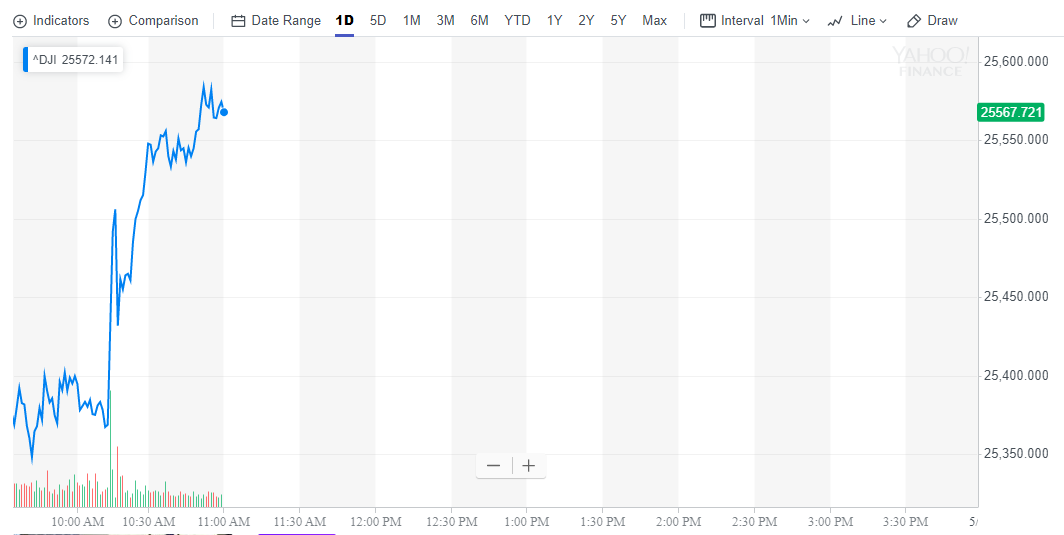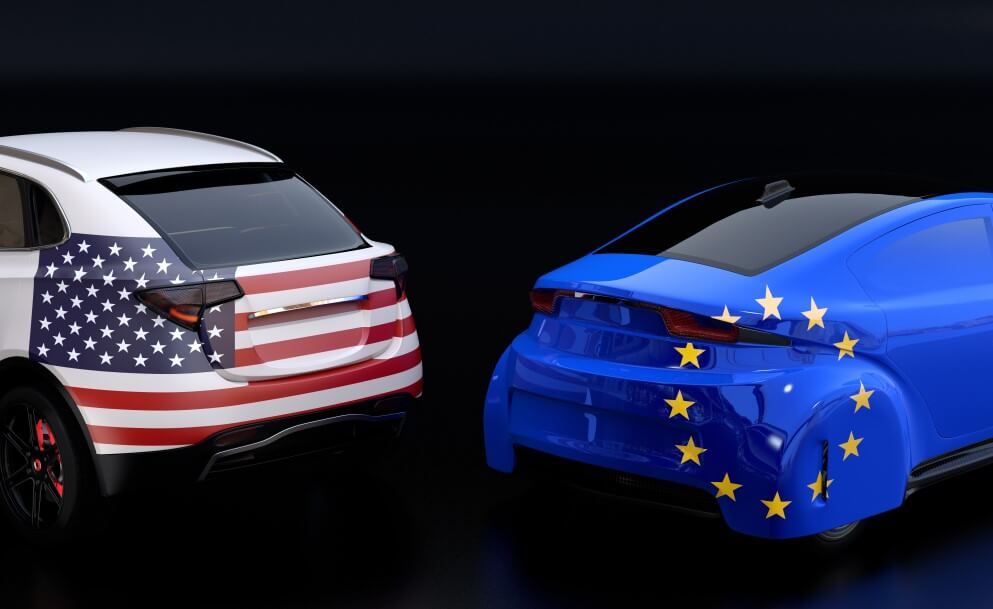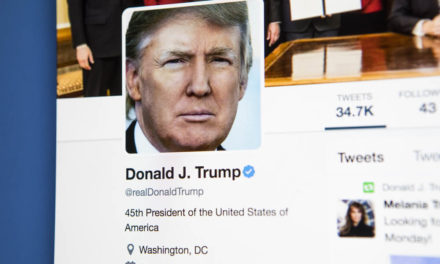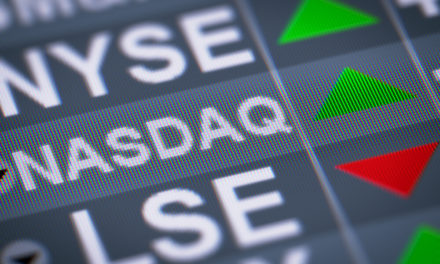Perhaps reeling from recent stock market losses and volatility due to the trade war with China, the Trump administration picked a good time Wednesday to announce it will suspend any auto tariffs on EU imports for six months, sending the markets shooting up to recover from morning losses.
The White House was facing a deadline Saturday to decide whether to levy more tariffs as the Trump administration may be looking to focus on China, the world’s second-largest economy — for the time being.
As long as negotiations with the EU continue, the administration now has another 180 days to come to a decision.
Stocks quickly gained back early losses as the Dow (pictured below) recovered from a 190-point hole to +130 points by lunchtime on the East Coast, when the S&P 500 recovered to a 0.6% gain after a 0.7% loss, and the Nasdaq a 1.0% gain at the same time.

The S&P 500 ended up 0.6%, the Dow up 0.5% and the Nasdaq up 1.1% for the day.
“Trade is far and away the more dominant story right now, but sales should not go unnoticed ahead of Consumer Confidence reads later this week,” E*Trade Vice President of Strategy Mike Loewengart told Bloomberg. “Many view retail as a key economic bellwether, and so weakness in the sector could give the bears more to sink their teeth into.”
The EU reportedly already has a list of retaliatory tariffs ready should the U.S. impose the auto tariffs, so the six-month delay is probably good news for investors already under fire from the China trade war.
The story behind the auto tariffs fall back to Trump, who is mulling using national security as a means to justify the levies, which would be as high as 25% on car imports. The Commerce Department has previously given a report to the president that justify the tariffs, and he also used that rationale to slap tariffs on steel and aluminum imports.
Lawmakers both Democrat and Republican alike have pushed Trump not to go through with the auto tariffs, along with U.S. automakers. The Alliance of Automobile manufacturers previously said “imposing tariffs on imported vehicles and parts would be a mistake, with significant negative consequences” for the auto industry and its workers as a whole.




